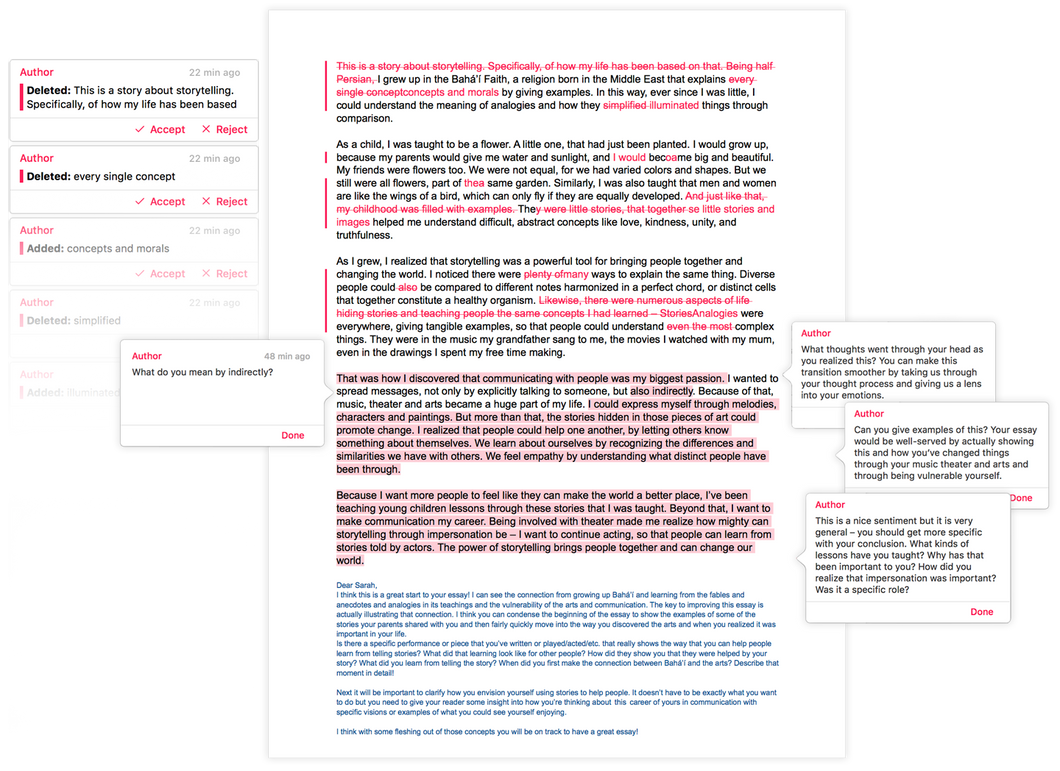There are a lot of tricks to help you write the perfect essay, but here are a few of the most crucial ones:
Avoid one-liners
There’s a lot of cliche in applying to college and universities, but you don’t have to be like them. If you use effective words, you can make your essay stand out from the rest. Be sure to increase your vocabulary, avoid one-liners, and use active verbs and clear sentence structure to make your essay more interesting and powerful. One expert on academic writing shares her tips for avoiding one-liners and using powerful words.
Avoid limericks
If you’re wondering why you shouldn’t use limericks in your essay, consider how limericks work. Like other forms of poetry, they lead the audience in one direction before revealing a more surprising side. The structure of a limerick follows a similar pattern: you set up the punchline by describing someone in one way, and then reveal an entirely different side when the poem ends.
Respect the word limit
When writing an essay for an application to university, it’s critical to follow the word count limits. Although some universities will allow you to exceed the word limit, the most effective way to impress the admissions committee is to stick within the specified word count. Generally, a college or university’s word count is between 250 and 650 words. While that seems like a lot of space, you should aim for closer to the limit of 650 words.
Students often think that using big words will make their essays sound more impressive. While advanced vocabulary is great if used naturally, the admissions committee can tell if you’ve pulled out a dictionary and typed in words you don’t know. Instead, focus on telling a story in a clear, succinct manner. Avoid rambling, complex constructions and unnecessary words. They sap the energy out of your prose and almost always can be cut.
Include a life-changing event
If your college application essay prompt asks you to discuss a life-changing event, consider focusing your response on how the event changed your life. For example, perhaps you lost a close friend to cancer, and this experience inspired you to pursue a medical degree. You could devote your life to cancer research. A personal tragedy can add an additional layer of power to your response, but you need to ensure that the story relates back to the original question.
When writing about a tragic event, be sure to focus on the effect the event had on you. It can be tempting to digress, rewrite yourself to sound closer to the event than you are in real life. However, staying true to your life will ensure that your essay remains genuine and meaningful. This way, admissions officers can see what a person is really like. If you can relate to your tragedy, you can confidently write about it in your essay.
Reflect on your own growth
One of the most important things to include in your essay is to show how you have grown as a person. This can be accomplished by writing about a specific moment in your life, or by looking at a book or movie character and identifying their traits. The key is to be honest about your personal growth and let your reader see how it has affected your actions and behavior. Ultimately, you want the admissions committee to see that you are a genuine person, and not just an academic paper.
To do this, you must show that you have a genuine interest in the school. If you’re just applying to the school for the grades, don’t make the mistake of stating that you have no interest. Make sure to show your genuine interest and motivation by discussing your hopes and ambitions for attending the school. A good example of this is a college application essay written by a successful student.
Include a failure
While you may be tempted to include a failure in your essay to apply to the university of your choice, it is important to remember that your college application essay is not the only part of your college application that will be evaluated. Unlike the other pieces of your application, your essay should be a personal reflection of your growth and development. Don’t force the event to fit a specific topic – instead, move onto another topic. Avoid masking your success as failure – this is equivalent to disguising your hard work ethic as weakness.
If you have a failure, make sure it isn’t a total disaster! Your essay should be about your own growth and lessons learned. It doesn’t have to be an extreme failure – a small setback or a slight setback can be the best way to highlight your positive qualities. In fact, your essay should include some examples of your own failures. For example, if you failed to win an essay contest, you can mention a failure you experienced while studying.

